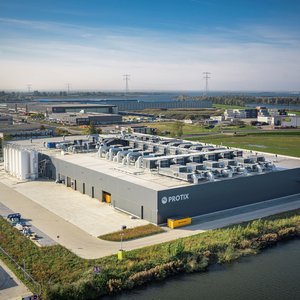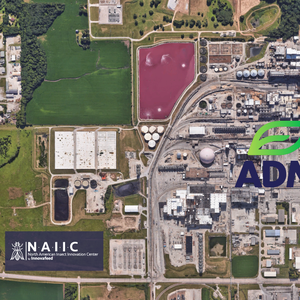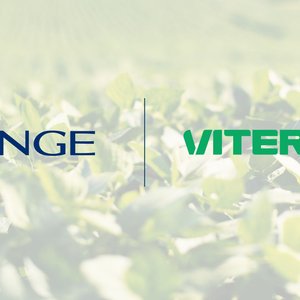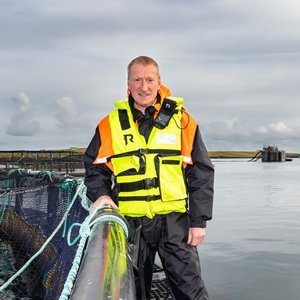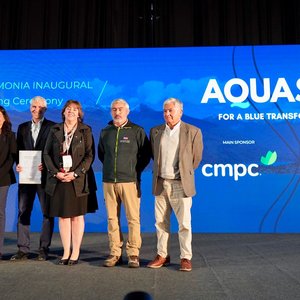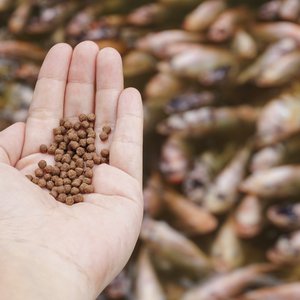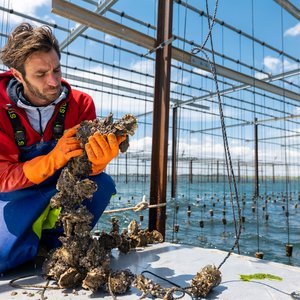A new doctorate has demonstrated that marine omega 3 fatty acids are necessary in feed to protect the good health of farmed salmon. In her PhD thesis at Nofima, Marta Bou Mira studied what minimum level of marine omega 3 fatty acids is required in feed to ensure that farmed salmon maintain health and grow well through various life phases under differing environmental conditions. The particular fatty acids she has studied are EPA and DHA, and fish oil is the more important source of these fatty acids.
In the PhD thesis, salmon are fed feed containing 0 to 2 percent EPA and DHA from the beginning of feeding until they reach a harvest weight of 4 kilograms. Bou Mira’s work shows that it is most efficient with up to 1 percent marine omega 3 fatty acids in the feed, which gives the highest self-production of marine omega 3 in the salmon. The research team has previously shown that salmon have the ability to transform plant omega 3 to marine omega 3 to compensate when the level of marine omega 3 in the feed is low.
The experiments showed, however, that 1 percent EPA and DHA in the feed, a level that has previously been viewed as the required level, is too low for salmon to maintain good health in a demanding environment in pens at sea.
The lowest level of omega 3 fatty acids in feed led to structural changes in the intestine and spine, as well as to higher mortalities after sea lice treatment in high seawater temperatures. The amount of marine omega 3 in commercial Norwegian salmon feed is well over the level resulting in negative effects in the study.
The experiments showed that the long marine omega 3 fatty acids EPA and DHA are necessary in salmon’s feed to protect their good health and robustness.
Bou Mira defended her thesis on May 4 at the Norwegian University of Life Sciences, NMBU, in Ås, Norway.


